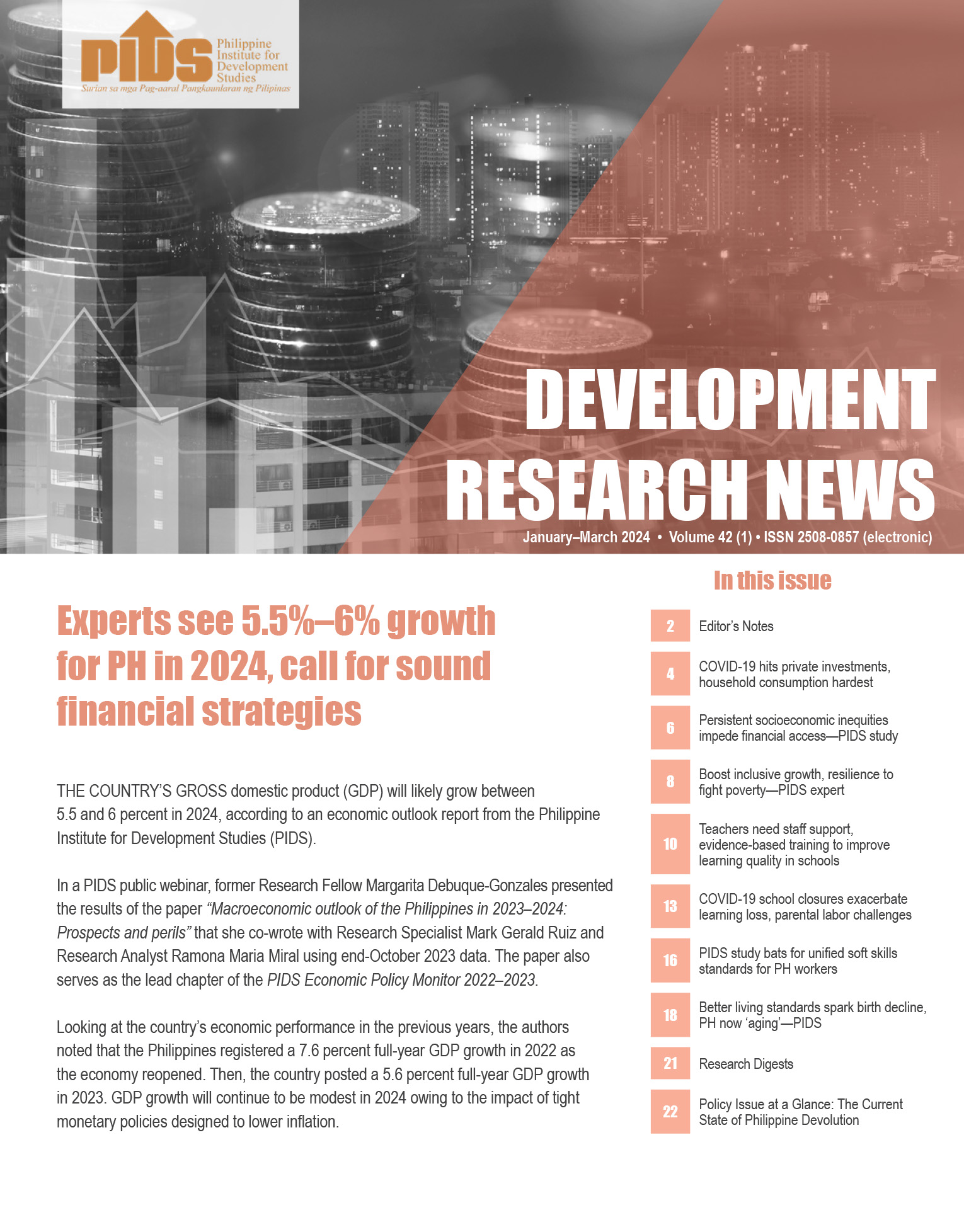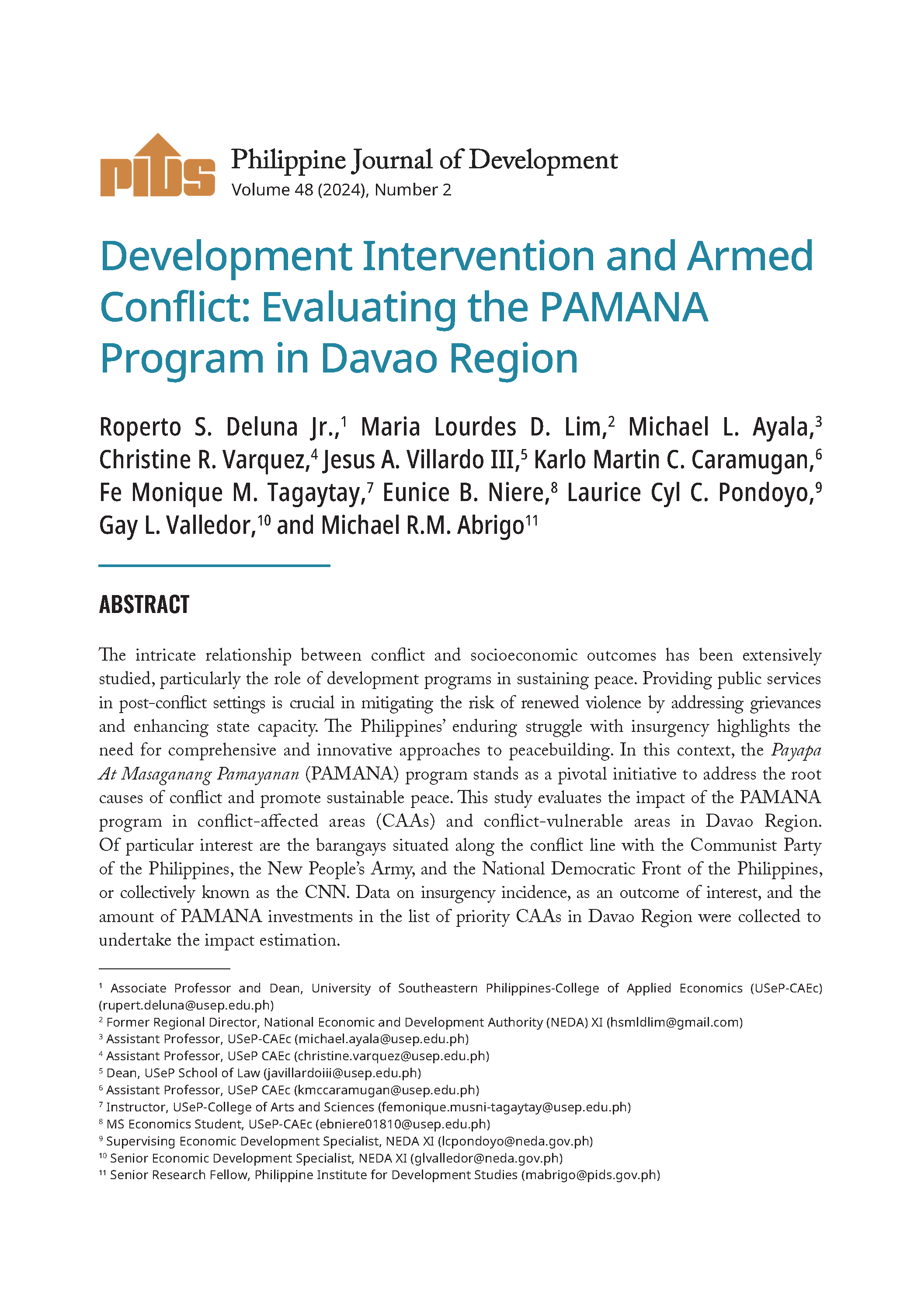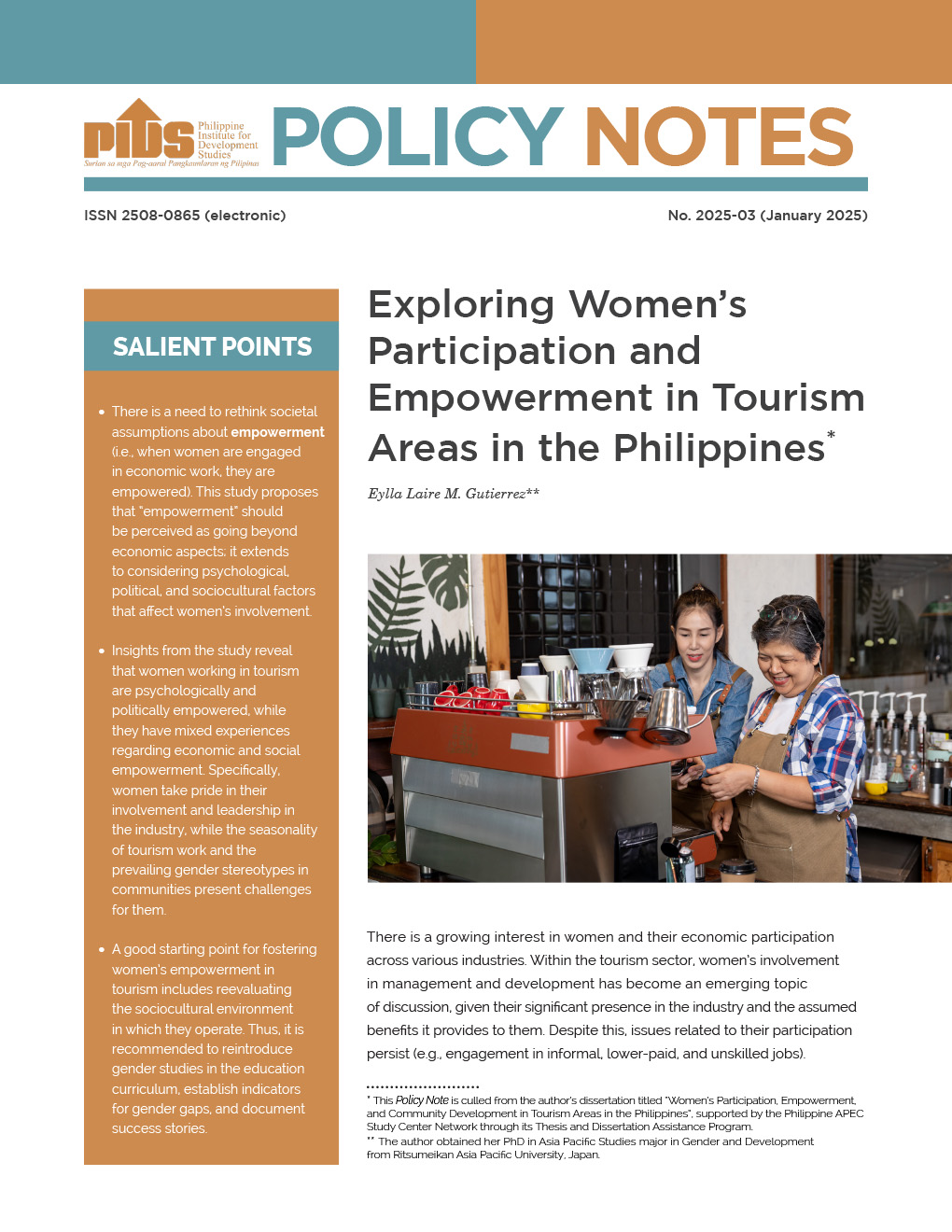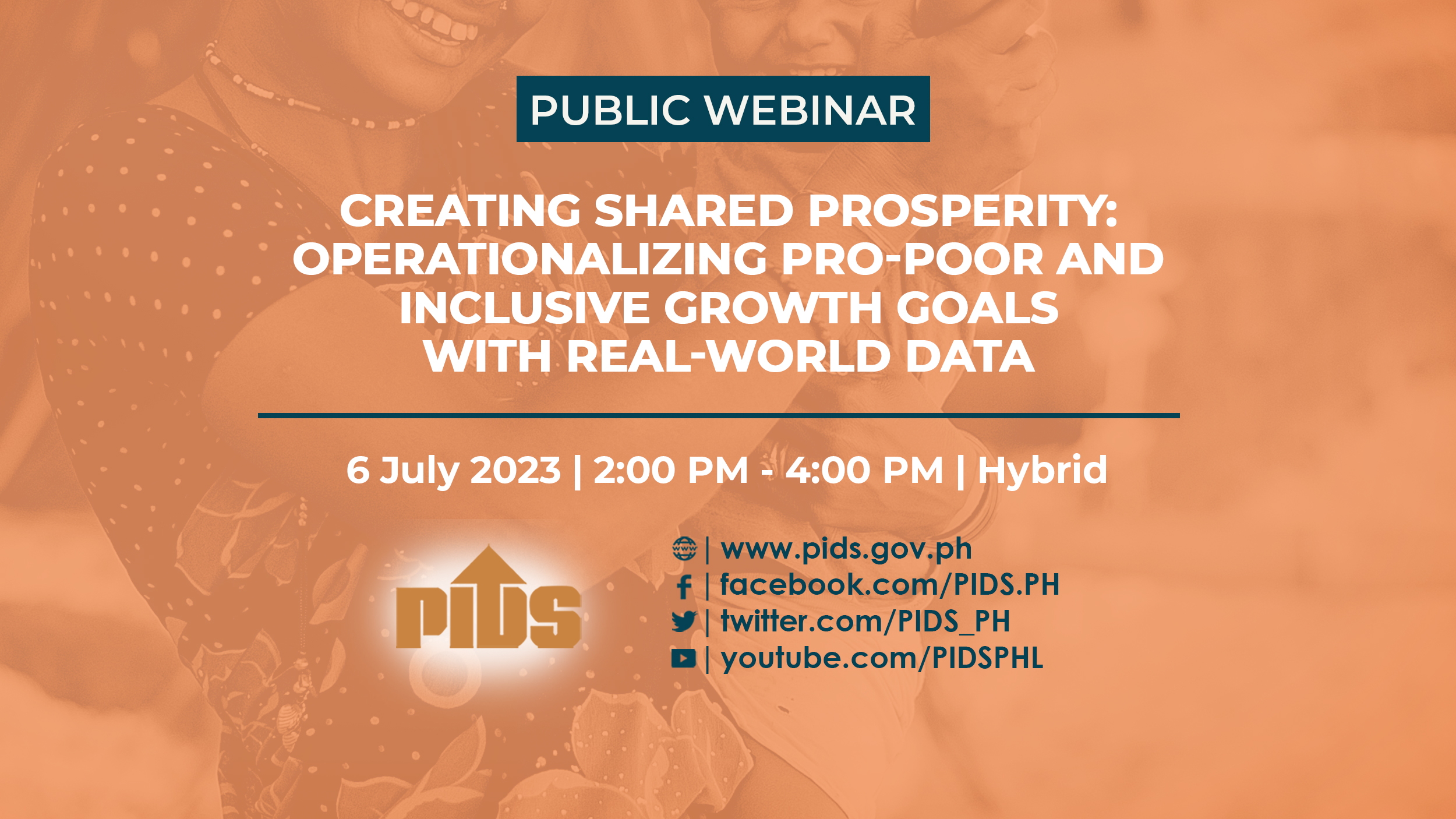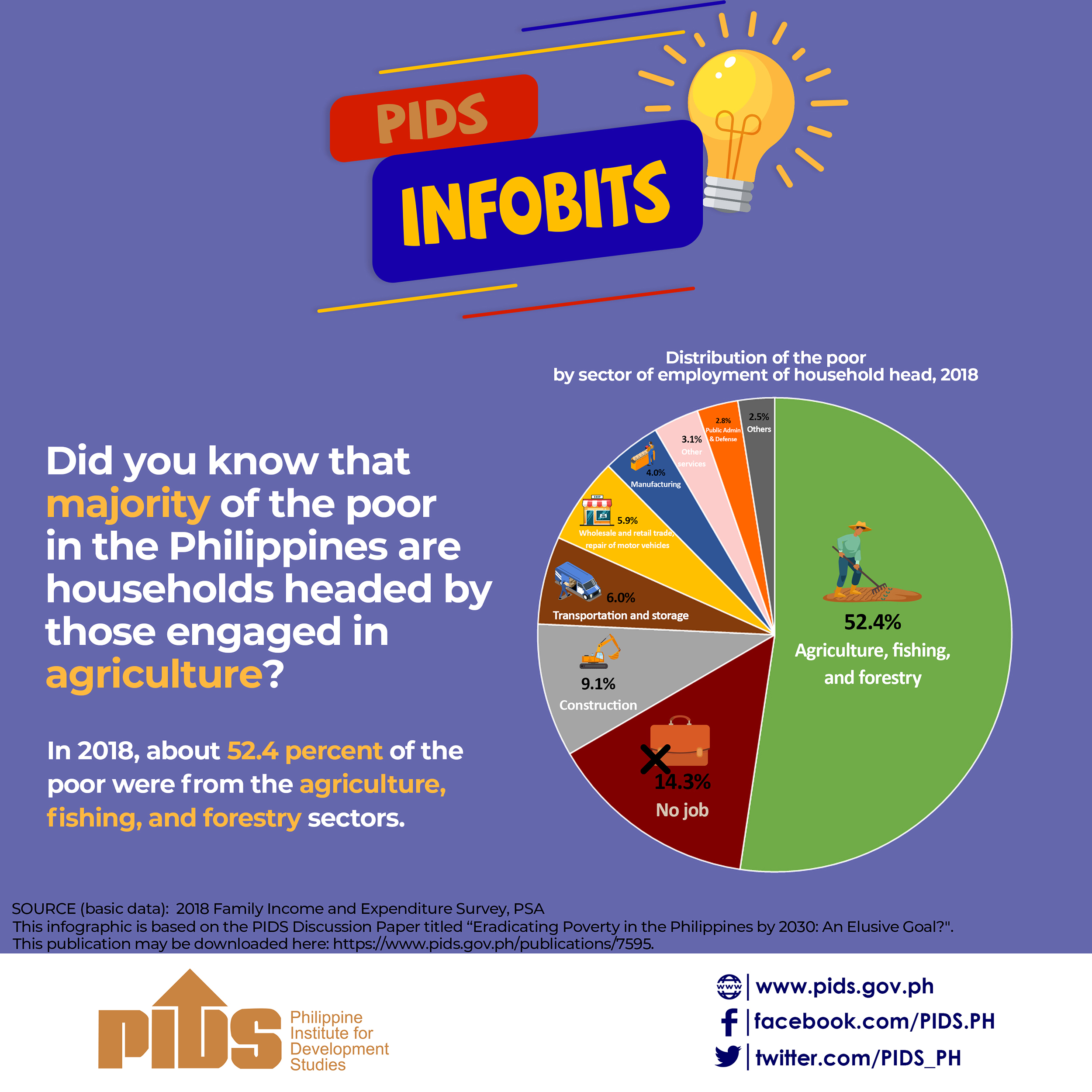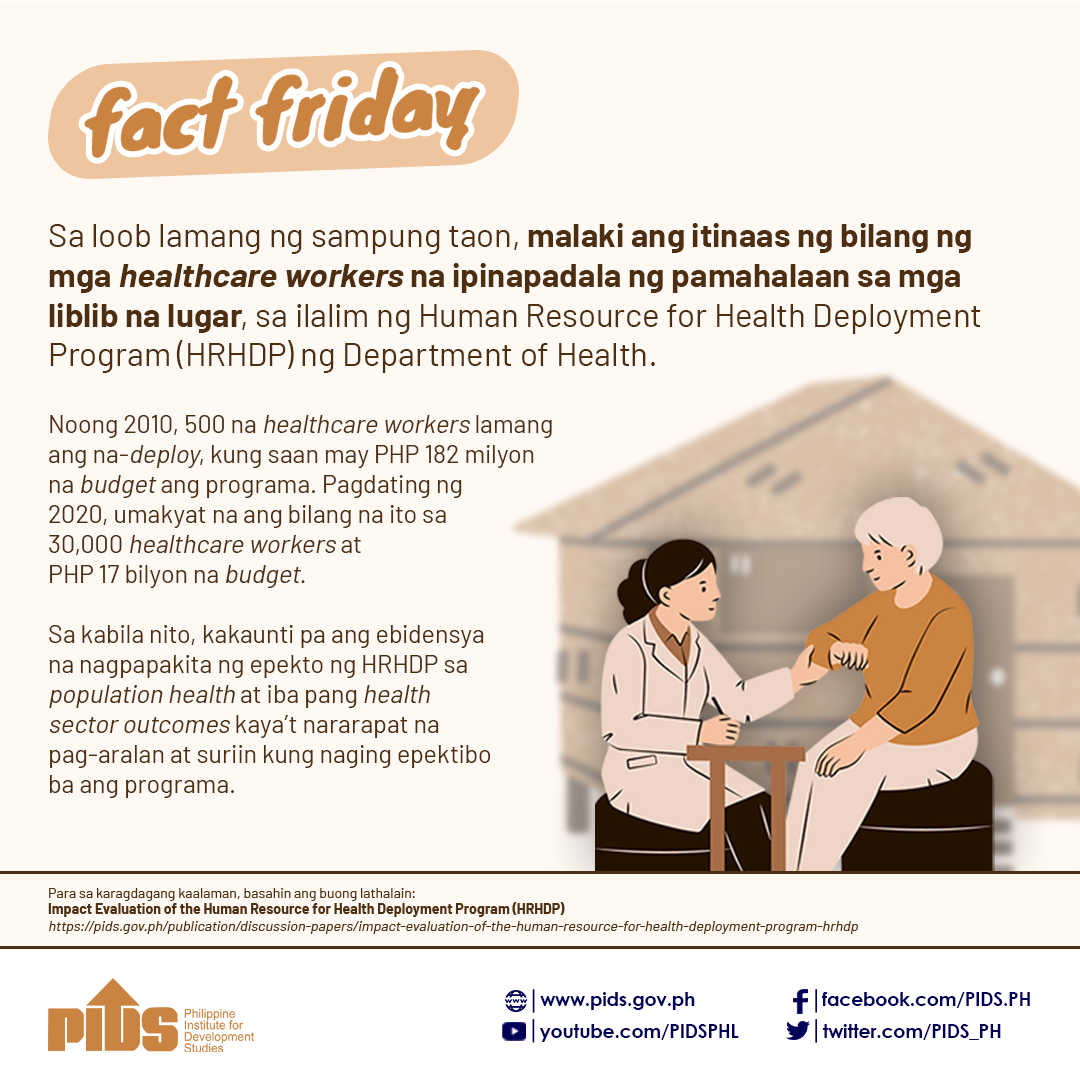ADOPTING a federal form of government may help improve the development of agriculture, though funding for "non-performing� regions must be addressed, experts said.
"[Federalism] will promote a more inclusive type of governance because our current type is limiting,� research fellow Roehlano M. Briones of the Philippine Institute for Development Studies said in a phone interview.
Devolving authority and increasing self-government would open up opportunities to forward-looking individuals who may be lesser known but competent to implement agricultural projects, Mr. Briones said.
Among the legislative priorities of the incoming Duterte administration is the convening of a Constitutional Convention in line with the President-elect’s campaign advocacy of federalism.
Also sought for comment, Rolando T. Dy, executive director of the Center for Food and AgriBusiness of the University of Asia & the Pacific, said he is in favor of a federal form of government as it can "resolve the issues of and strengthen agriculture for more inclusive growth� in the rural areas.
Data from the Philippine Statistics Authority show rural poverty incidence in 2009 rising at about 36.7% for farmers and 41.4% for fishers, as compared with 35% and 37% , respectively in 2003.
Mr. Dy pointed out that weaknesses in the agricultural sector include farm productivity, limited farm diversification, and weak value-adding that can be addressed by infrastructure investments and private sector involvement.
Guillermo H. A. Santos, president of the non-profit Center for Philippine Futuristics Studies and Management, Inc., said in an interview that a federal government can bring about "cost-effective governance, better division of taxation, and... weak provinces merg[ing] with the bigger provinces so there are economies of scale,� all of which may prompt reforms.
But Mr. Santos added that shifting to a federal form of government may take time.
Fermin D. Adriano, Ph.D. Development Studies professor at the University of the Philippines-Los Baños, said adopting a federal government "does not automatically guarantee agricultural development.�
Mr. Adriano, who is also a World Bank consultant on Mindanao peace and development issues, said the financial resources of each state should be taken into account.
"What about the non-performing regions? Where will they get their funds?� he said in a phone interview, noting that some 60% of the country’s gross domestic product is contributed by the National Capital Region and Regions III (Central Luzon) and IV-A (Calabarzon).
Boosting agriculture still boils down to whether the agriculture sector is part of the federal state leaders� strategic platform, Mr. Adriano added.//
Fed gov’t boosts agri but poor areas could lag
Business World
Janina C. Lim

